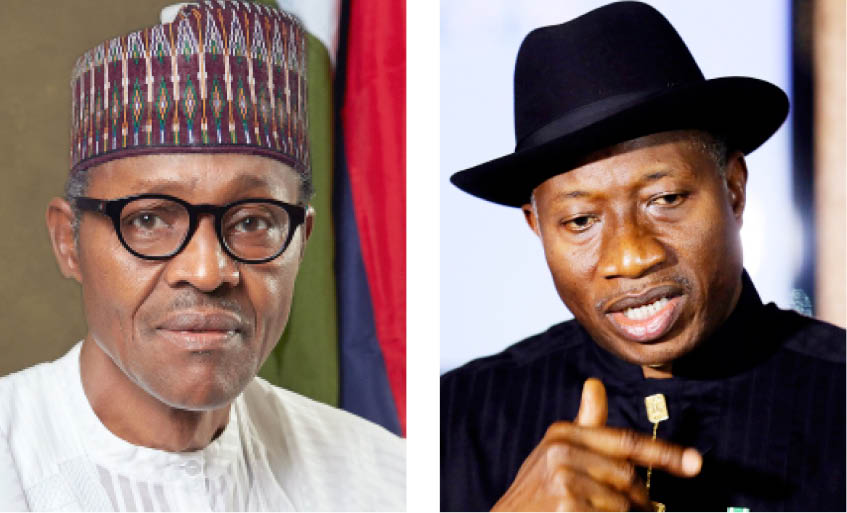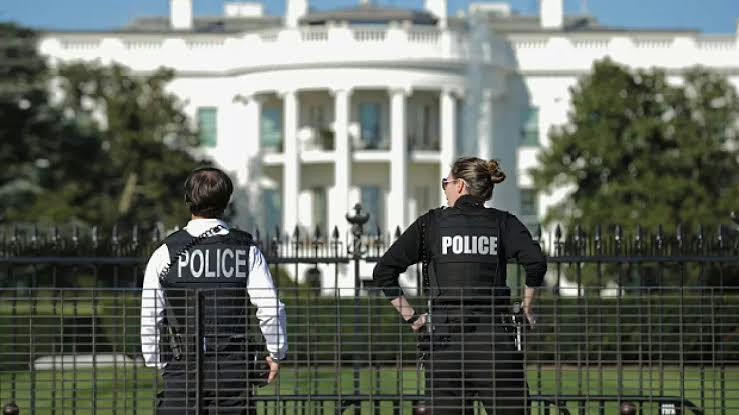Lawsuits in London and New York have shed light on how fees trading firms paid agents to win oil contracts from the Nigerian National Petroleum Corporation (NNPC) may have been used to fund the country’s past two general elections, Bloomberg reports.
Quoting filings in a suit filed by an ex-employee of British oil giant, BP Plc, Bloomberg reported that $300,000 and $900,000 were paid to intermediaries in 2014 and 2018 as part of lobby for lucrative contracts, with the funds said to be funneled into electioneering activities.
Pro-democracy campaigners have at different times expressed worry over campaign funding and failure of the Independent National Electoral Commission (INEC) to monitor source of campaign funds and spending limit by candidates.
According to Bloomberg, a former Glencore Plc employee in July admitted paying a middleman $300,000 to secure a crude shipment from the NNPC, understanding the money would be spent on the nationwide vote that took place four years earlier.
Jonathan Zarembok, who left BP’s West Africa desk last year, said in the suit that he suspected fees paid by the United Kingdom energy giant to obtain NNPC contracts would go toward the 2019 elections.
He filed an employment claim against the BP, alleging he was fired for raising concerns about the large sums being transferred to intermediaries to win business in Nigeria.
Zarembok said in a witness statement made public this month that emails sent in 2017 by a BP executive in Nigeria were a “clear red flag” and implied “there would be pressure to pay bribes.” The emails discussed how preparations for elections would get under way in 2018. “We understand what that means,” the executive wrote.
The company then wired $900,000 in fees to a local agent after securing two oil cargoes from the NNPC, he said.
BP is defending in full and denies all allegations made by the claimant,” the company noted in a statement.
It declined further comment while Zarembok’s case at a London employment tribunal continues.
Bloomberg reports that similar details emerged two months ago when Anthony Stimler, who left Glencore in 2019, pleaded guilty to corruption and money-laundering charges.
Stimler was notified in September 2014 that “Foreign Official 1” was asking all NNPC clients to pay an advance on each cargo “in connection with a then-upcoming political election,” according to U.S court filings. He then had Glencore wire $300,000 to an intermediary company, which prosecutors said was used “to pay bribes to Nigerian officials.”
US prosecutors outlined how Stimler and others paid bribes worth millions of dollars in several countries, including to NNPC officials, between 2007 and 2018. A Glencore spokesman didn’t respond to a request for comment.
“The conduct described in the plea is unacceptable and has no place in Glencore,” the company said in a statement on July 26.
Bloomberg had previously reported that the unnamed “Foreign Official 1” refers to Diezani Alison-Madueke, who served as Nigeria’s oil minister and oversaw the NNPC between 2010 and 2015. Her party, the Peoples Democratic Party (PDP), lost the elections in March 2015 to Buhari’s All Progressives Congress (APC).
It’s not true – NNPC
The NNPC Group General Manager, Public Affairs Division, Garbadeen Muhammad, said the allegation was “not true”.
When contacted, the APC deputy national publicity secretary, Yekini Nabena, simply said, “The story is inconsequential for now until they come up with specifics.”
Efforts to get the reaction of the PDP were also not successful as the national publicity secretary of the party, Kola Ologbondiyan, did not respond to phone calls. He was also yet to react to the SMS and WhatsApp messages sent to him.
CSOs demand probe
Speaking on the allegations, the executive director of the Civil Society Legislative Advocacy Centre (CISLAC), Auwal Musa Rafsanjani, lamented the failure of the government to block leakages and take measures to control the use of dirty money in politics.
Rafsanjani, who is also the coordinator, Transparency International (TI) in Nigeria, said the CISLAC had been calling for stronger sanctions against those corrupting and commercialising the country’s electoral process.
“The last election in 2019 showed gross impunity and open use of public funds to finance some individual’s elections without being sanctioned.
“There have been credible allegations that show how some officials in the NNPC were involved in financing individual’s elections and nothing was done to even stop the continuation of such abuses of public funds.
“Again, with the 2023 elections approaching, such abuses will continue since there is no political will to sanitise our electoral process,” Rafsanjani said.
Also, the executive director, Resource Centre for Human Rights and Civic Education (CHRICED), Dr Ibrahim M. Zikirullahi said, “This is another scandal in which Nigeria’s oil company has been fingered.”
He lamented that this particular case is even more worrisome because the electoral process itself was targeted.
“The CHRICED believes these allegations should be comprehensively investigated. Who collected the bribes in question, and how were the monies used in the electoral process? These questions demand urgent answers, and those found culpable should be held accountable,” Zikirullahi said.
Credit: Daily Trust












Leave a Reply